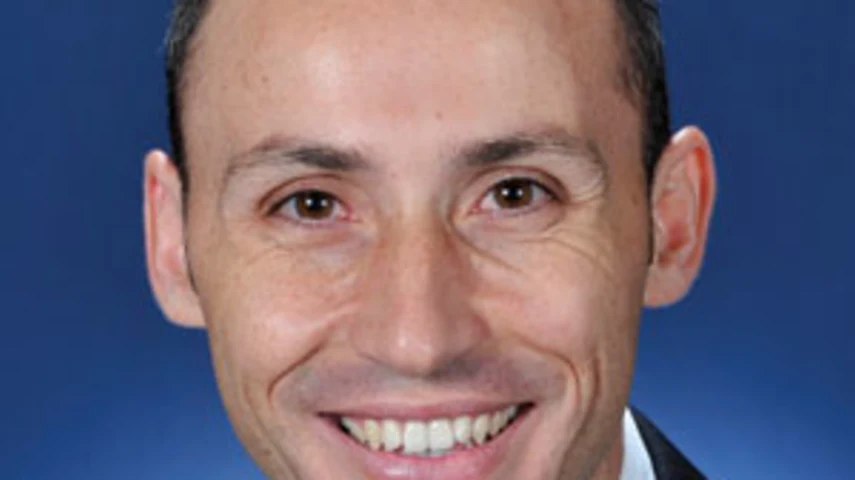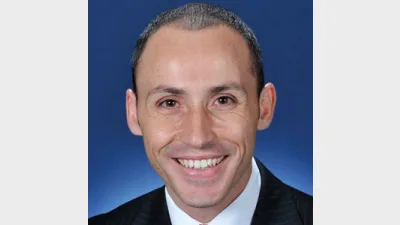Trans-Tasman investment protocol enacted



The Protocol on Investment for Australia-New Zealand Closer Economic Relations (CER) took effect today, providing clarity for more than A$100 billion in two-way investments annually.
It marks a "milestone in the Trans-Tasman relationship", according to Assistant Treasurer David Bradbury and the Minister for Trade and Competitiveness, Craig Emerson.
Both Australian and New Zealand investors will have lower compliance costs and enhanced legal certainties when investing across the Tasman.
The introduction of the protocol coincides with the 30th anniversary of the CER agreement which had delivered huge benefits to both Australia and New Zealand, Emerson said.
"Trade barriers have been lowered, business costs have come down and jobs have been created," he said.
A higher screening threshold of A$1078 million has been introduced — up from A$248 million — for New Zealand investor business acquisitions, while the screening threshold for Australian investors making purchases in New Zealand has increased from approximately A$80 million to approximately A$390 million, with both indexed annually.
Bradbury said the protocol would strengthen both economies by reducing barriers to investment.
The CER agreement is one of the most comprehensive bilateral free-trade agreements covering all Trans-Tasman trade in goods, according to the Department of Foreign Affairs and Trade.
Last November, the Trans-Tasman Retirement Savings Portability Scheme passed ,which allowed Australians and New Zealanders to consolidate their retirement savings when moving from one country to the other.
The Minister for Superannuation, Bill Shorten, said that the scheme and the CER agreement were milestones in the Australian and New Zealand Government's efforts to create a single economic market for both countries.
Recommended for you
The super fund has launched Retirement Manager, a digital advice tool helping members plan income, spending, and retirement confidence with integrated support.
APRA has warned retail super trustees that financial adviser involvement in recommending platform products does not diminish their obligations, as regulators turned the spotlight on the Shield Master Fund and First Guardian Master Fund during a meeting with fund CEOs.
AMP’s chief economist has unveiled a wish list for the Australian government’s Economic Reform Roundtable.
Australian retirees could increase their projected annual incomes between 3 and 51 per cent by incorporating personal and household data into their retirement income strategies, according to new research.










